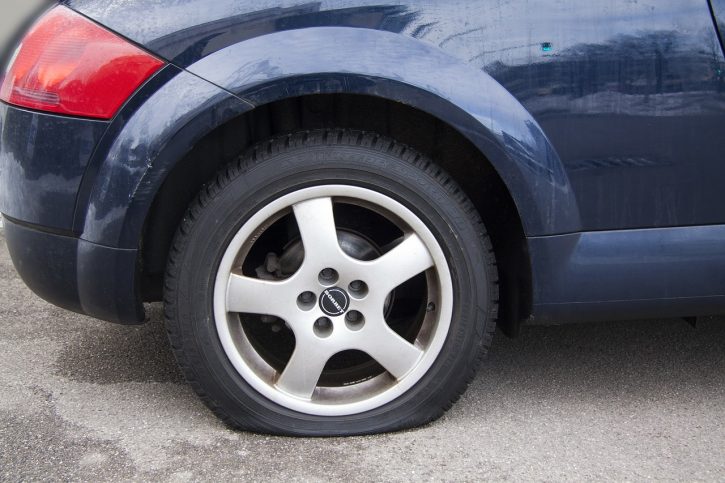
There are strict federal regulations in the U.S. aimed to protect consumers from the defective vehicle manufacturing, design or performance to avoid accidents. Despite this, defective vehicles injure and kill thousands every year — 30,000 deaths were reported in 2009.
According to the DoT’s National Highway Traffic Safety Administration (NHTSA), who governs vehicle safety, recalls have been issued for more than 390 million vehicles, 46 million tires and 66 million items of vehicle equipment since 1966.
A safety recall occurs when there is a defective vehicle through performance, construction, component or material or its equipment and this defect poses a risk once driven. Safety-related defects include:
- Steering wheels that stop responding
- Fuel system causing fuel leakage
- Accelerator controls that don’t work
- Ignition controls don’t work
- Broken wheels that cause a loss of control of the vehicle
- Air bags system that deploy when not needed, or don’t deploy when needed
- Seatbacks that fail while using normally
What happens when I have a defective vehicle?
Car manufacturing defects include any component of the automobile.
Common defects include:
- Brakes,
- Tires,
- Steering components,
- Windshields,
- Door latches
- Seat belts,
- Roofs,
- Tires,
- And lastly, fuel systems.
In personal injury cases stemming from motor vehicle accidents, Nevada law allows for the recovery of compensatory damages, which compensates a plaintiff for all loses resulting from the accident to make them whole. This includes pecuniary damages, such as lost wages, lost earning potential and medical bills, and non-economic damages, such as pain and suffering. Economic damages awards in defective product cases are unlimited and usually determined by a jury; non-economic damage awards cap off at $350,000. (NRS 42.005).Watch for articles to see if your vehicle needs attention.
In addition, after awarding compensatory damages, the law allows for punitive damages when the conduct causing the accident ruled a result of intentional oppression, fraud or malice. Punitive damages punish the defendant and hold them up as an example of what not to do (NRS 42.005(1)).
After an accident, you will need to find out if the cause was a defective automobile part or design. You will also need to know if this defect was a result of intentional fraud or malice. We have the resources to determine when owed emotional and financial damages. Contact us today!



